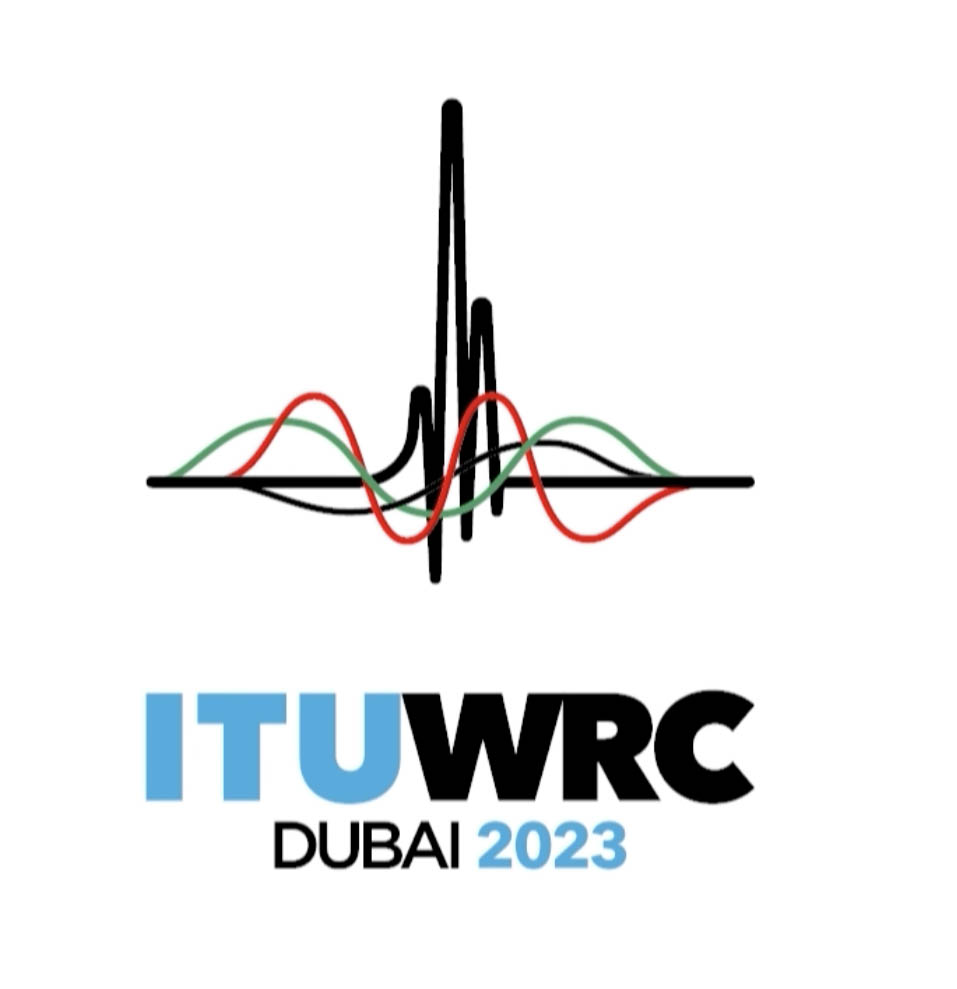Opening Hours: Mon – Thur 8:30 am – 5:00 pm Fri 8:30 am – 4:00 pm
The Policy & Strategic Planning Division, commonly referred to as “the P&SPD” or simply “the Division,” plays a crucial and multifaceted role within the framework of the Ministry of Science, Energy, Telecommunications and Transportation (MSETT). This Division is primarily tasked with the essential coordination of policy responses and the formulation of recommendations that are vital for the effective functioning of MSETT. A key aspect of this responsibility involves the translation of relevant goals and objectives, as articulated by the Government of Jamaica, into coherent corporate strategies and objectives tailored specifically for the Spectrum Management Authority (SMA). By doing so, the Division ensures that the management of spectrum resources is optimized, which is vital for the advancement of telecommunications and technological development in Jamaica.
Once the strategic plans are meticulously established, it becomes the Division’s responsibility to monitor their implementation closely. This includes not only tracking the progress of these plans but also actively soliciting feedback from various stakeholders to evaluate the effectiveness and impact of the strategies in place. The Division is also responsible for compiling comprehensive reports on SMA performance, which are then communicated to pertinent stakeholders. This reporting process is essential for maintaining transparency and accountability, ensuring that all parties are kept informed of the SMA’s achievements and challenges.

In addition to these core responsibilities, the P&SPD plays a pivotal role in facilitating responses to inquiries from a variety of government agencies. This includes esteemed organizations such as the Office of Utilities Regulation (OUR), the Broadcasting Commission of Jamaica, and the Fair Trading Commission (FTC), among others. The Division is committed to addressing these inquiries promptly and effectively, ensuring that all requests for information or clarification are handled with the utmost professionalism.
Moreover, the P&SPD extends its expertise to address queries posed by regional and international organizations. This aspect of the Division’s work is particularly important, as it helps to foster collaboration and communication with external entities, thereby enhancing Jamaica’s standing in the global arena. The Division’s ability to navigate complex policy landscapes and respond to diverse inquiries underscores its integral role in shaping the future of Jamaica’s science, energy, and technology sectors.
Through these varied functions, the Policy & Strategic Planning Division underscores its commitment to supporting the Ministry of Science, Energy, Telecommunications and Transportation in achieving its overarching mission and objectives, thereby contributing to the broader development goals of Jamaica.
ITU is the United Nations specialized agency for digital technologies (ICTs). The Organization is made up of a membership of 194 Member States and more than 1000 companies, universities and international and regional organizations. Headquartered in Geneva, Switzerland, and with regional offices on every continent, ITU is the oldest agency in the UN family – connecting the world since the dawn of the telegraph in 1865.
We facilitate international connectivity in communication networks. We allocate global radio spectrum and satellite orbits, develop the technical standards that ensure networks and technologies connect seamlessly, and work to improve access to digital technologies in underserved communities worldwide. ITU works to bring digital connectivity to everyone, providing a trusted, multilateral platform to broker international agreements and standards, share knowledge, build capacity, and work with members and partners to spread access to technology around the world.
Technology has become the backbone of modern life. Networks and devices everywhere rely on ITU’s work. Every time we use a mobile phone, send an e-mail, access the Internet, watch TV or streaming services, take a plane, consult the weather forecast, or use satellite images to navigate or explore, we are relying on ITU’s work. 2.6 billion people, largely in developing countries, remain unconnected. ITU works to close this digital divide through universal connectivity and sustainable digital transformation.

World Radiocommunication Conferences (WRC) are held every three to four years to review, and, if necessary, revise the Radio Regulations, the international treaty governing the use of the radio-frequency spectrum and the geostationary-satellite and non-geostationary-satellite orbits. Revisions are made on the basis of an agenda determined by the ITU Council, which takes into account recommendations made by previous world radiocommunication conferences. The general scope of the agenda of world radiocommunication conferences is established four to six years in advance, with the final agenda set by the ITU Council two years before the conference, with the concurrence of a majority of Member States. Under the terms of the ITU Constitution, a WRC can:

On the basis of contributions from administrations, the Radiocommunication Study Groups, and other sources (see Article 19 of the Convention (Geneva, 1992)) concerning the regulatory, technical, operational and procedural matters to be considered by World and Regional Radiocommunication Conferences, the Conference Preparatory Meeting (CPM) shall prepare a consolidated report to be used in support of the work of such conferences.
The Spectrum Management Authority (SMA) has revolutionized the telecommunications landscape with the development of a groundbreaking new spectrum pricing policy. This initiative not only reflects our commitment to innovation but also underscores our understanding of the dynamic nature of the spectrum environment.
Our confidence in this new policy is grounded in extensive research and engagement with stakeholders across the industry. By implementing a transparent, market-driven pricing structure, we aim to optimize spectrum allocation, fostering enhanced competition and encouraging investment in next-generation technologies. This thoughtful approach will ensure that spectrum resources are utilized efficiently, promoting greater access for service providers and ultimately benefiting consumers with improved service quality and coverage.

The Spectrum Management Authority (SMA), in partnership with the Fair Trading Commission (FTC), conducted a thorough review of the current spectrum cap and proposes a transformative shift in mobile spectrum policy. We firmly advocate for the removal of the spectrum cap, replacing it with a strategic spectrum screen for assignments exceeding 120 MHz across critical bands, including 700MHz, 850MHz, 900MHz, 1800MHz, 1900MHz, and 1700/2100 MHz (AWS Band).


The Spectrum Management Authority (SMA), in collaboration with the Fair Trading Commission (FTC) and the Office of Utilities Regulation (OUR), has conducted a thorough review of the Mobile Spectrum Screen. This initiative is crucial for stakeholders currently providing or considering mobile services in Jamaica.
The proposed guidelines establish a critical trigger point for spectrum assignments exceeding 120 MHz within essential frequency bands—700 MHz, 850 MHz, 900 MHz, 1900 MHz, and the 1700/2100 MHz (AWS Band). This framework aims to optimize spectrum allocation and ensure fair competition, fostering a dynamic mobile services market.
Get authorized to use the mobile spectrum and expand your services.
